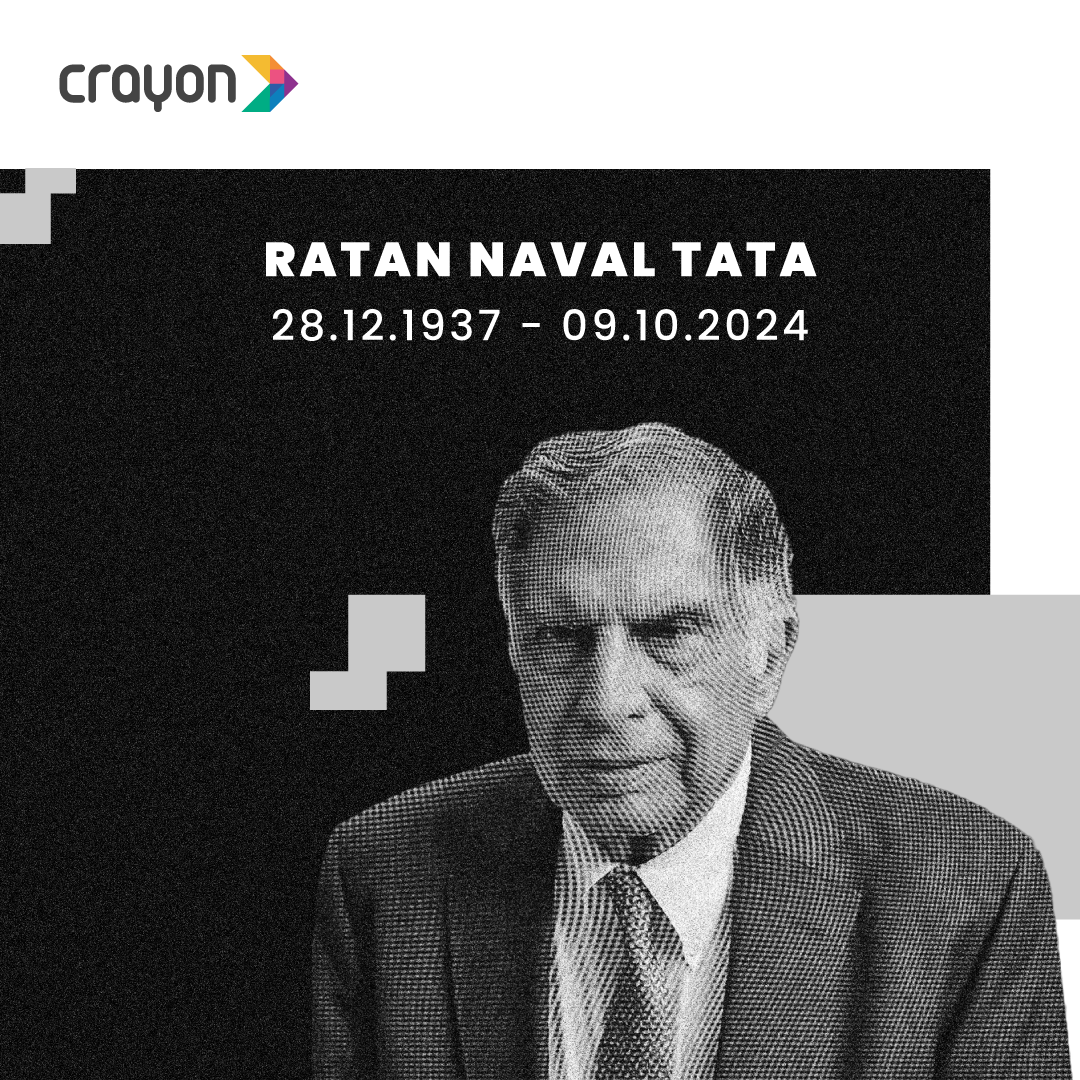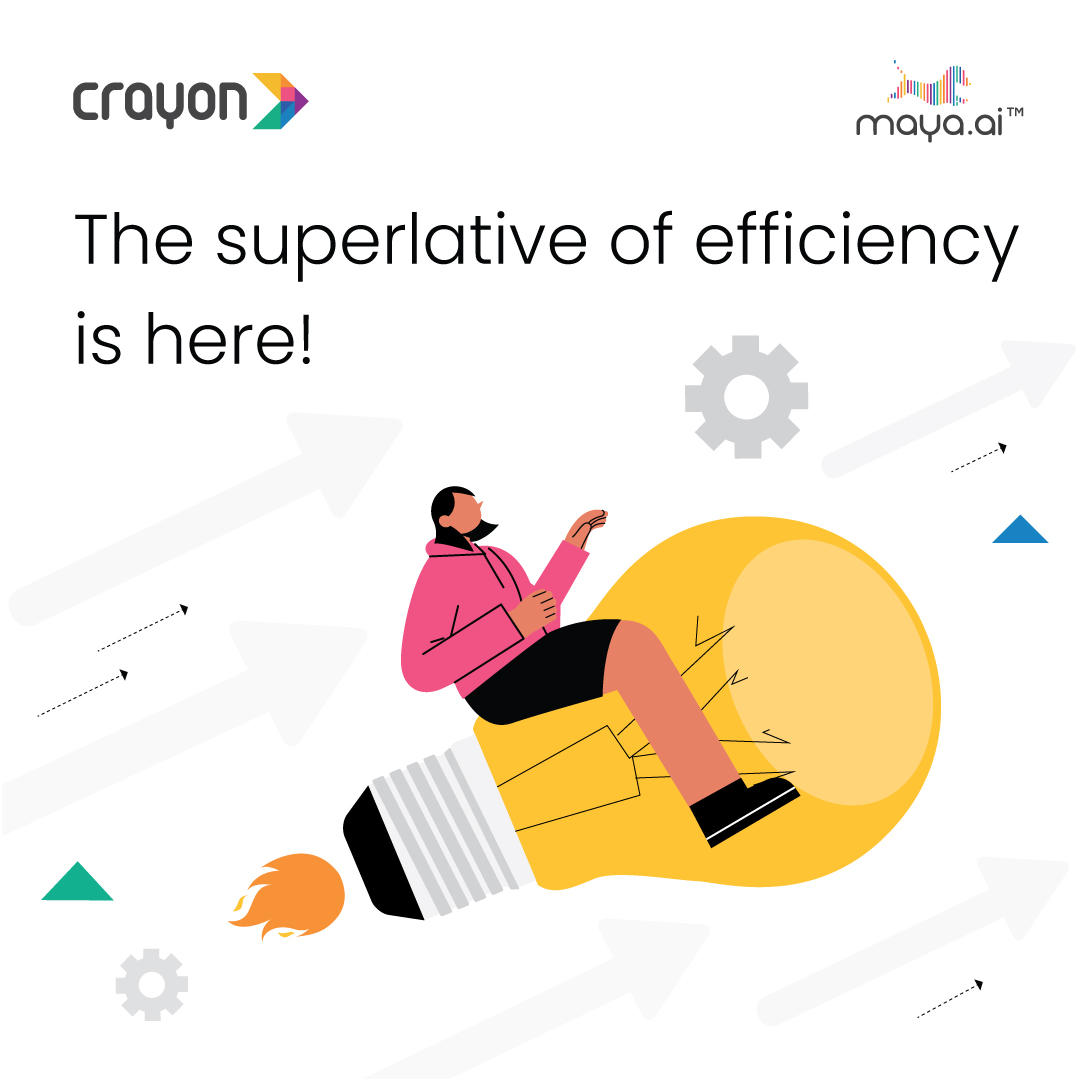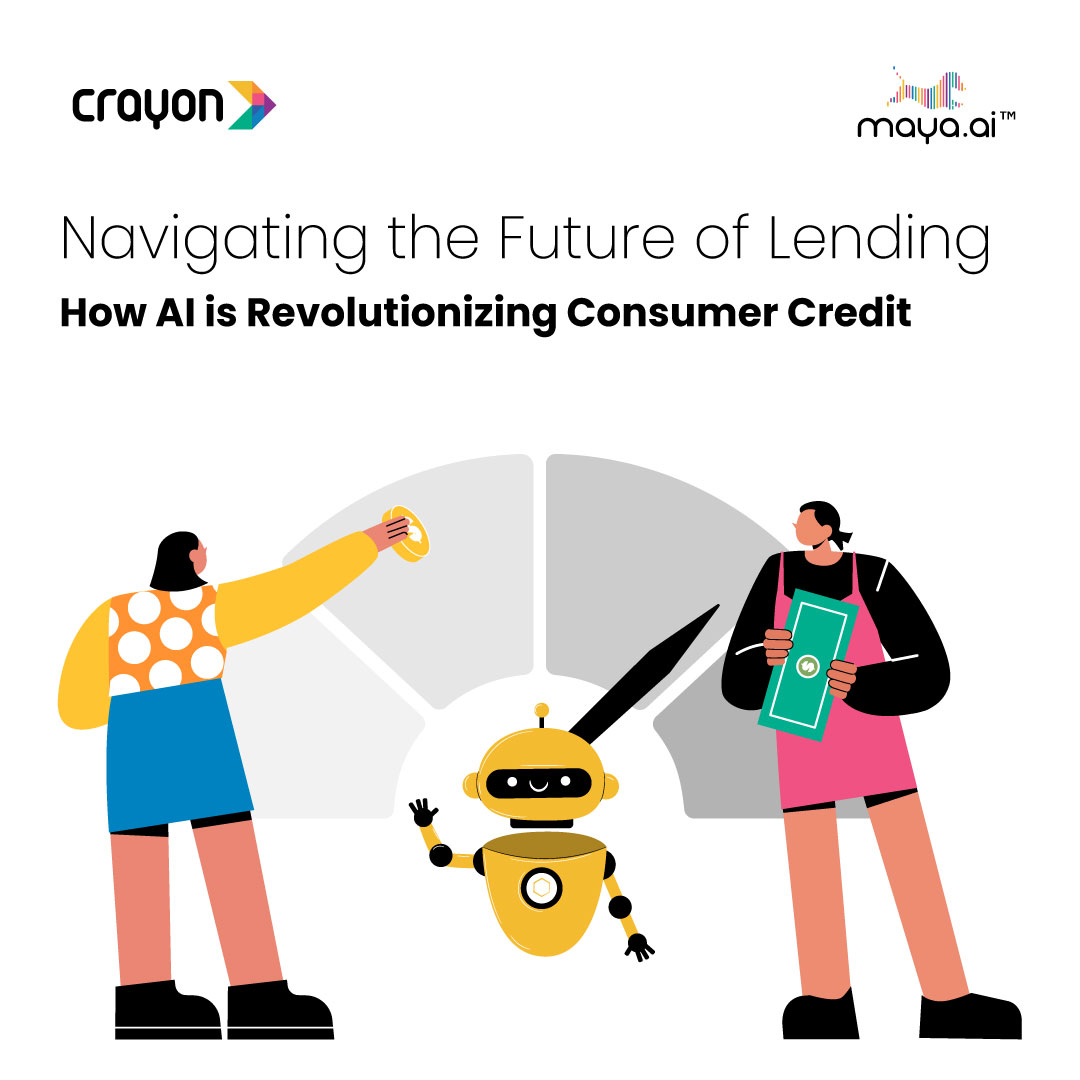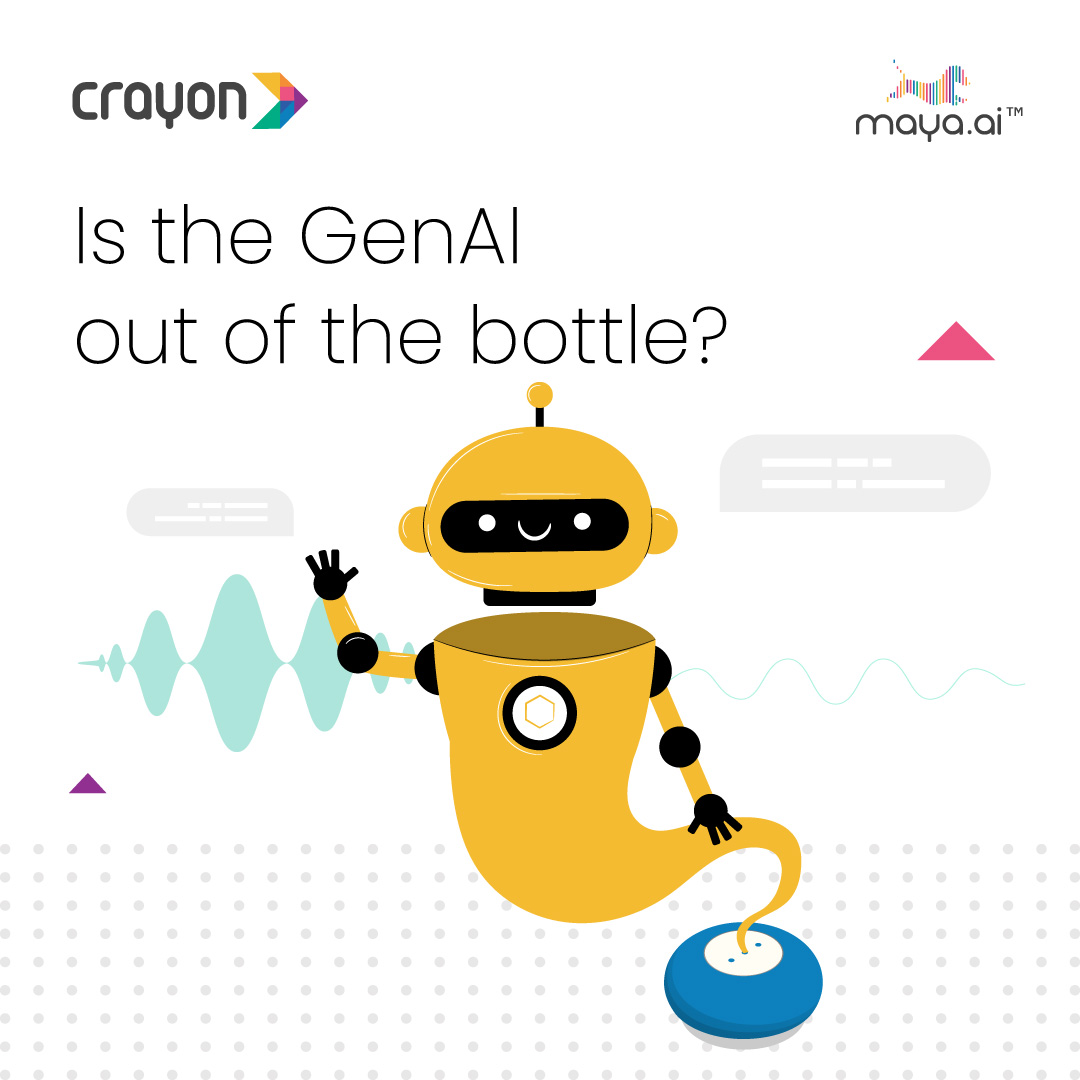Consumer behaviour cannot be so easily predicted from social media reactions like Facebook Likes and Twitter shares. There’s no real way to know. There’s a lot of noise out there. There’s a lot of data available, but it’s not powerful in prediction.
“Let me give you an example. Let’s say I post something online about a Ferrari and you “Like” it. Are you liking Ferrari or are you liking your post? There’s no real way to know. There’s a lot of noise out there. There’s a lot of data available, but it’s not powerful in prediction, said Suresh Shankar, founder of Crayon Data, in an interview given to Kristie Neo of Deal Street Asia.
Founded in 2012, the Singapore-based Crayon Data has an AI algorithm which analyses consumer data to acquire customers for clients like Emirates Airlines, regional banks, and hotels. Crayon claims its algorithm is smart enough even to predict offline behaviour, a crucial aspect for Southeast Asia where a majority of transactions still take place off the grid.
Excerpts from the interview:

Suresh Shankar, founder, Crayon Data
Data tends to lie, a lot. So how do you circumvent this?
“This is one of the things that we’re training our algorithm to do. We’re basically saying that we’re living in an uncertain situation where at any given time, an enterprise may or may not have all the data about you. Even if they gave us data about you, there may not be data on the internet that I can match it to. Crayon is making the algorithm work extra hard in a model where you’re uncertain about how much data you have on each individual.”
Crayon spent three years being a big data analytics service and we realized that unless enterprises go digital, they’re not going to be able to leverage the power of our algorithm. We spent the last few years building the digital part of our Maya product and platform.
Today we tell our enterprise clients – give us your customers’ transaction data, Maya will tell you all about your customers’ individual tastes. And also give you an API that enables you to create a taste-led digital store front – one for each customer.
Here’s a personal example: I’m a customer with a bank for 17 years with 4 credit cards. This bank is still sending me offers to eat at steak restaurants (when I’m vegetarian!) You go to their portal and it’s got nothing to do with you – it’s not personalized at all. What we give them is an API that says, this is the page you have to give your customers according to the way he or she shops, dines and eats. The API can be used on the web, on a mobile, bot, the widget on a webpage. That’s the digital storefront.
What led to the idea of Crayon?
What we believe is that consumers in the world have too much choice. If I want to pick a coffee shop, there are 15 of them out there. We believe that what people don’t have is time. People don’t have time to navigate all the confusing options out there.
It takes over 45 minutes to make a choice. You read about 6 to 12 reviews, visit 10 sites to make one decision – where to get good coffee. If it’s a complex process like planning a holiday, this could be much longer. But it doesn’t have to be this hard. That was the problem that we wanted to solve.
Our algorithm can solve the problem for you, you are almost able to believe the smaller set of more relevant choices it presents you. You save time. In a way, you almost surrender to the algorithm, it helps simplify your life in more ways than you can imagine, though there’s a good and a bad side to such a surrender.
We want to build a platform for any consumer in the world, based on her personal tastes, to fundamentally be able to find the things that they want without spending the extra bit of time.
At Crayon Data, we put a very large emphasis on privacy. Our engines do not search individuals or track people on the Internet. We infer and decode your tastes and preferences based on what you do, as opposed to who you are.
It comes across to me that the space that you’re occupying is getting pretty crowded.
There are different forms of competition. First, there are the guys who sell the data. Then there are also the guys selling tools like SAP and Oracle. Finally, the digital guys who will provide the front-end personalization. The difference for us is that the moment you put the data into our platform, it does all of it for you. All it takes is three weeks. So, we’re a full stack solution.
I think client mindsets are changing slowly but surely. Today, some of the company CEOs we meet say “We can hire ten people to do this, but we recognize that it will take a long time to build. We should just partner with a specialist and get it out faster?” Most of the resistance tends to come from middle management.
Which sectors do you think are more receptive to Crayon today?
Crayon believes that airlines, hotels, and retailers will move faster. The reason is that their business model is getting destroyed faster than other industries. They’re under threat. They’re also living in a world where the internet has completely dominated their lives. They don’t know when someone like Google will take over everything. That’s where the big growth opportunity for us.
We also see opportunities in the credit card, debit card business. Some players think everything is okay. But they’re beginning to realize that with Amazon Pay, Alipay, GoPay and GrabPay, everyone’s doing their own payment platform and wallet. The threat is not the payment revenues, but the invaluable data that each transaction carries about customer preferences. Lose that, and you lose ownership of the customer.
Would you consider partnering with e-wallets?
We’re working on that. One of the things that we’re doing is to go to these guys and say – you already have your own wallet and a set of services that you offer we can help you quickly get into another vertical. Like a Go-Jek. Every month they’re adding a new service which you buy on the Go-Jek platform. We can say – why don’t you take over the travel business, I already do this for one of the world’s best airlines. Instead of building your own travel product, you can easily use my platform.
We also believe that the pure digital banks will begin to use more of us. We’re talking to a few in the US and one in the Middle East. We’re working with a completely new digital bank that just set up in the Middle East. We’re also working with one of the biggest banks in Yangon, Myanmar which is interesting. They want to move from a cash economy to a WeChat economy, where they want to skip all the intermediate steps and go directly to a mobile, digital model.
But most of the transactions in Southeast Asia are still offline. How is your product going to bridge this offline-online divide?
That’s what our algorithm aims to do. One thing we’ve learned is that if you’re trying to do something innovative that requires you to move the market, the markets themselves need time to adopt what you’re trying to do. This is especially so in a B2B context. It’s not just about my knowing what’s right, it’s also about convincing the market that this is right. Gartner predicted in 2016 that it will take two years for AI-led personalization to go mainstream, and it literally is happening as we speak, so we’re in the right place now.
Do you pay a significant financial penalty when it comes to data regulation and privacy?
In terms of GDPR, I would say everyone else has been clamping down significantly on data privacy with the exception of the US. The definitions that regulators use for how you use data classifies us as a data processor. This means we are not the enterprise which bears the financial penalty for the misuse of data. In other words, I’m not using the data, I’m using it on behalf of my clients. There are still consequences, but the main burden is with the owner of the customer.




